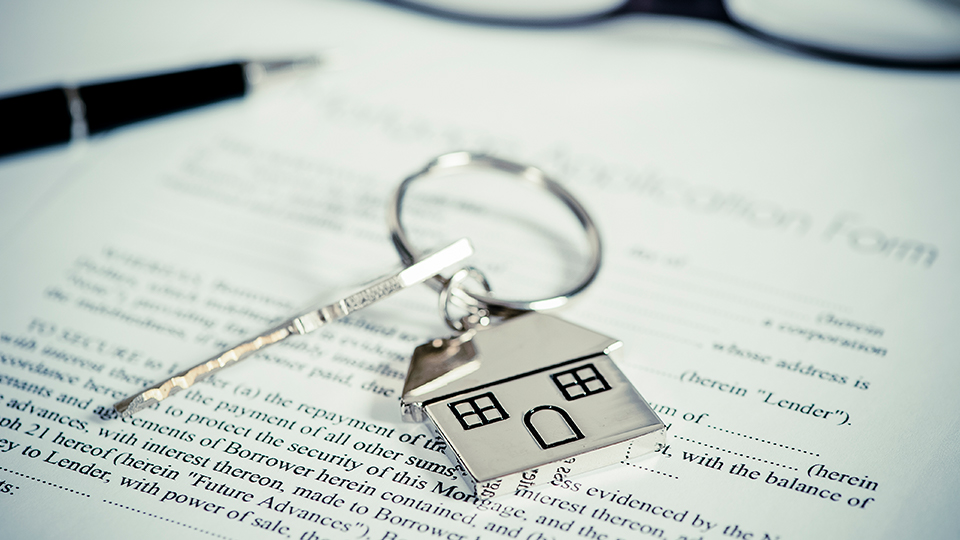A summary of how the residential tenancy reforms impact landlords
February 23, 2021

New rental standards designed to help tenants and landlords will be introduced soon.
The Residential Tenancies Amendment Act 2018, which comes into effect on March 29, contains more than 130 reforms.
A summary of how those reforms affect landlords and their rented premises is outlined below:
Terminology
Some terminology will change as part of the reforms, including the following:
| Old terminology | Updated terminology |
| Premises | Rental Premises |
| Landlord | Rental Provider |
| Tenant | Renter |
| Tenancy Agreement | Rental Agreement |
Rental applications
Information that a Rental Provider must not require from a Rental Applicant includes:
- Whether the applicant has been in a legal dispute with a previous rental provider
- The applicant’s rental bond history
- A credit or bank statement.
Rental minimum standards
Rental minimum standards must be met prior to occupancy of a renter. If not, the renter can terminate the Rental Agreement. The following applies:
- All external entry door(s) to have functioning deadlock
- All external windows must be capable of opening, and to be lockable, and have window coverings
- Bathroom and laundry must have hot and cold water and ventilation
- Shower head must have 3-star energy rating (some exemptions may apply)
- Premises must be structurally sound and weatherproof
- All rooms must be free of damp and mould
- All power outlets and lighting circuits must be connected to a switchboard with circuit breakers and/or residual current device
- All rooms that do not have natural light must have lighting
- Living room to have energy efficient fixed heater.
Appliances and safety checks
The following appliances and safety checks will apply:
- Gas and electrical safety checks to be conducted every 2 years
- Smoke alarms to be tested every 12 months
- Appliances to have minimum energy ratings.
Modifications to rented premises
Prescribed modifications may be carried out to Rented Premises not requiring the Rental Provider’s consent, including:
- Installation of picture hooks or screws, shelves, or brackets (unless exposed brick or concrete)
- Installation of wall anchoring devices and child safety gates
- Installation of blind cord anchors
- Installation of security lighting, alarm systems or security cameras
Modifications that cannot be reasonably refused include:
- Draughtproofing of homes, such as weather seals to doors and windows
- Installation of fly screens
- Installation of vegetable or herb garden
- Painting of premises.
Rental Provider disclosure
The Rental Provider must provide a Statement of Information to the Renter to include:
- If premises complies with rental minimum standards
- If rental provider has received a repair notice relating to dampness or mould in the last 3 years
- The date of the most recent electrical and gas safety checks
- If premises has previously been contaminated by drugs of dependence in the past 5 years
- If premises contains asbestos.
Urgent repairs
Urgent repairs limit has increased to $2,500 and is to be repaid within seven days.
Internet
All costs and charges associated with installation of a fixed internet service, including Broadband, is to be met by the Rental Provider.
Keys to rented premises
Each Renter must be provided with a set of keys to the rented premises.
Pets
Renters can keep pets.
Rental increases
Rental increases can only be applied 12 monthly.
Sale of rented premises
The Renter is entitled to mandatory compensation when the rented premises is being sold.
Exemptions
Tenancy Agreements entered into before July 1, 2020 may be exempt from some of the new rental laws until that agreement is terminated or a new Rental Agreement entered into.
Need help navigating the residential tenancy reforms?
The above is a brief summary of some of the new laws relating to residential tenancies and further information on specific reforms affecting your premises should be sought from your property manager.
If you need assistance navigating the residential tenancy reforms and guidance on how to best manage your rental property, our real estate experts at LDB are here to help you.
Simply call our property department on (03) 9875 2980 or send us a note via the contact form below.
